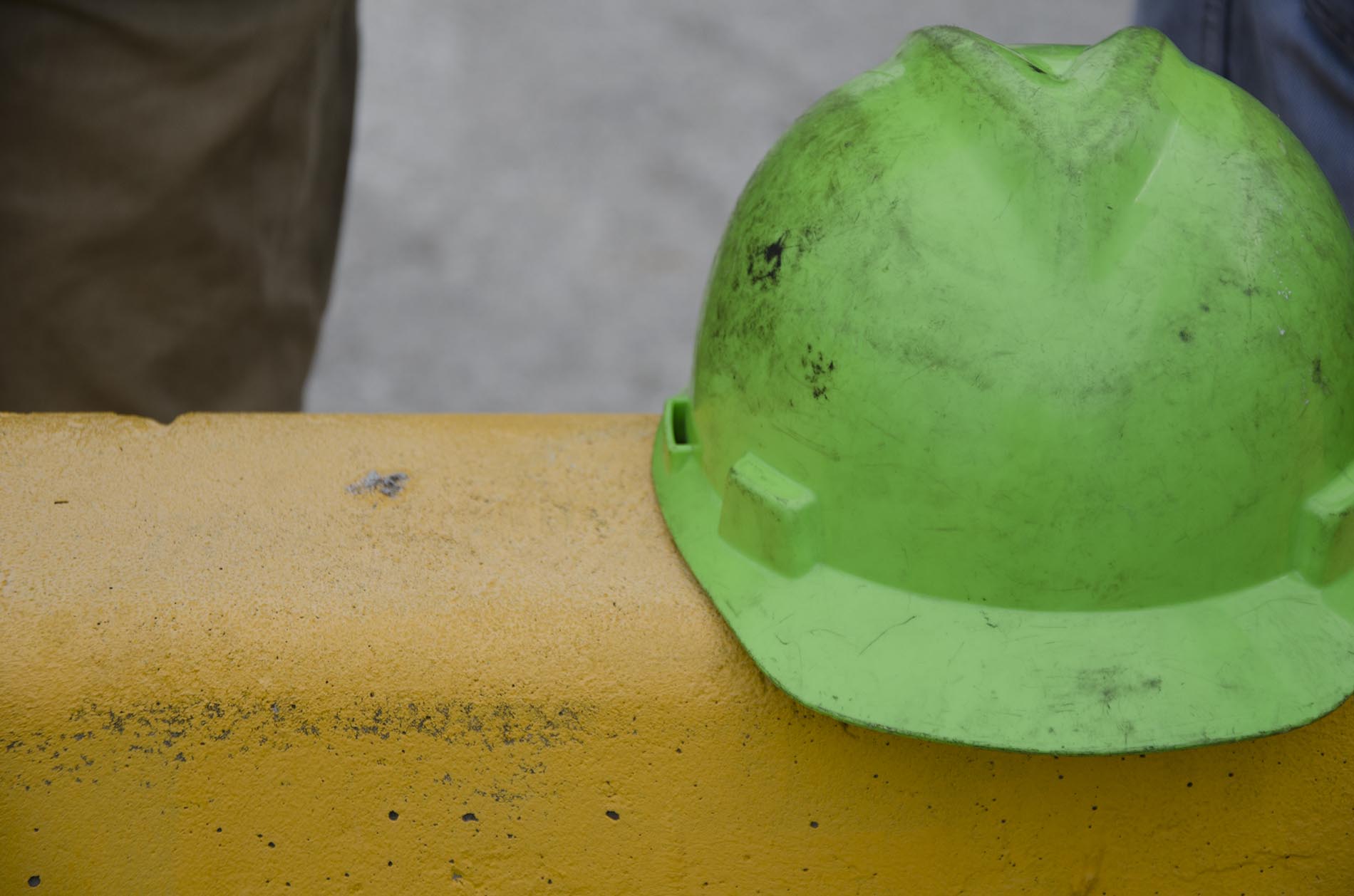We’ve discussed the Defense Base Act on several occasions, as well as the Outer Continental Shelf Lands Act. These are two well known extensions of the Longshore and Harbor Workers’ Compensation Act. There’s another extension of the Longshore Act that doesn’t get as much general attention. It’s the Nonappropriated Fund Instrumentalities Act (NFIA), 5 U.S.C. sections 8171 et seq. (1952).
The NFIA extends Longshore Act benefits to, “… civilian employees, compensated from nonappropriated funds, of the Army and Air Force Exchange Service, Army and Air Force Motion Picture Service, Navy Ship’s Stores Ashore, Navy exchanges, Marine Corps exchanges, Coast Guard exchanges, and other instrumentalities of the United States under the jurisdiction of the Armed Forces conducted for the comfort, pleasure, contentment, and mental and physical improvement of personnel of the Armed Forces ….”
The employees covered by the NFIA work at base exchanges and other retail and recreational activities on U.S. military bases. These activities are not funded by public appropriations but rather are operated from revenue generated by the activities themselves.
Coverage includes,
- “those employees of such nonappropriated fund instrumentalities as are employed within the continental United States” (Alaska and Hawaii are considered to be part of the continental United States), and,
- “those United States citizens or permanent residents of the United States or a Territory who are employees of such nonappropriated fund instrumentalities outside the continental limits of the United States.”
For employees working outside of the continental United States who are neither citizens nor permanent residents of the United States or a Territory, “compensation shall be provided in accordance with regulations prescribed by the Secretary of the military department concerned and approved by the Secretary of Defense or regulations prescribed by the Secretary of the Treasury ….”
The larger nonappropriated fund instrumentalities are individually self-insured for their NFIA exposure by virtue of their self-insurance authorization from the U.S. Department of Labor, which administers the NFIA.
There are some quirks to NFIA coverage.
1) The so-called “Zone of Special Danger” doctrine, which the courts apply in Defense Base Act cases (and in the old, now repealed District of Columbia Compensation Act extension of the Longshore Act), is not applicable to NFIA cases.
2) There is an apparent coverage conflict with the Defense Base Act. The Defense Base Act provides that it covers all employment on U.S. military bases overseas, and upon any lands occupied or used by the United States for military or naval purposes in any Territory or possession outside the continental United States. There is no conflict, however, since for employees of the nonappropriated fund instrumentalities overseas, the NFIA pre-empts the DBA and applies as the nonappropriated fund instrumentalities employees’ exclusive remedy.
3) Off duty military personnel working at a nonappropriated fund instrumentality, for example on a part time basis, are not covered by the NFIA.
4) Nonappropriated fund instrumentalities’ employees “shall not be held and considered as employees of the United States for the purpose of any laws administered by the Civil Service Commission or the provisions of the Federal Employees’ Compensation Act ….”
5) The United States is exempt from liability as a third party with respect to disability or death covered by the NFIA.
So that’s it. There’s the Defense Base Act, the Outer Continental Shelf Lands Act, and the Nonappropriated Fund Instrumentalities Act. We’re out of extensions to the Longshore Act.


